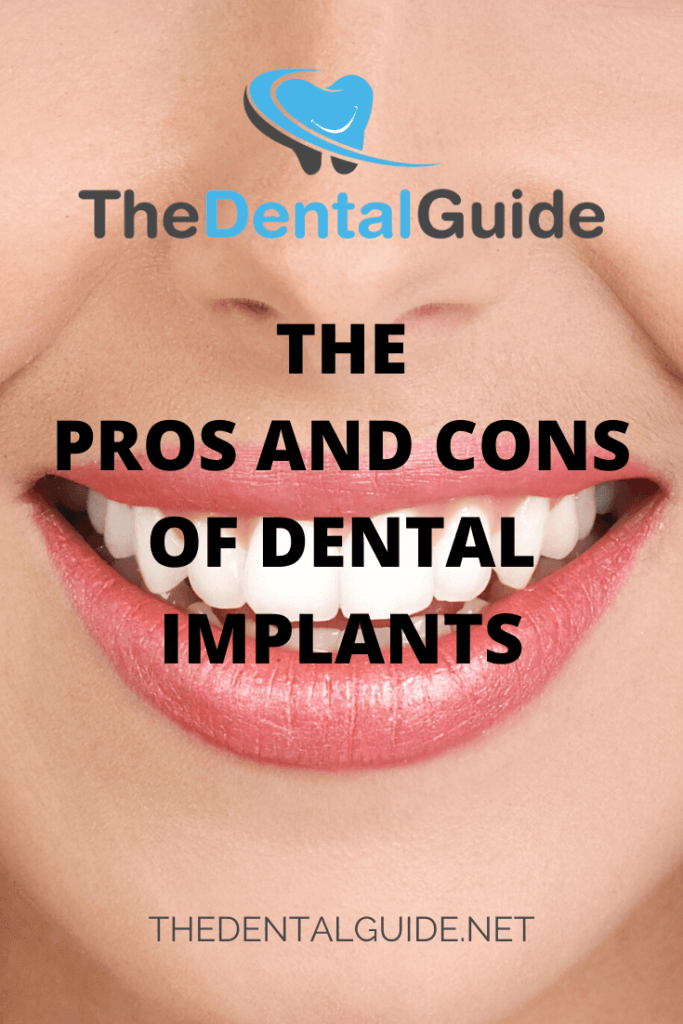Dental implants are quickly replacing dentures as the most common and most recommended form of tooth replacement. This is due to the technology behind them improving sufficiently to ensure that patients suffer less pain and inconvenience with these implants than ever before. There are some advantages and disadvantages to using dental implants over other methods of tooth replacements, and we will cover those here.
Pros
On the plus side, dental implants are incredibly secure and stable. Once they have passed through the healing period (around three to eight weeks), the implants should not give any problems whatsoever. Care will still need to be taken with what foods are eaten and how the implants are maintained, but they are typically very low maintenance and can handle just about anything.
They also last for a long time. The typical dental implant, when it is taken care of properly, will last anywhere between ten and fifteen years. That is far longer than any other form of tooth replacement, making them great value for money.
Dental implants also do not require any other teeth to be around them to give them support. Where bridges need support teeth and wear down on those teeth, dental implants can stand on their own. They have their own support in the form of bolts that are burrowed into the bones of the jaw. They don’t rely on any other teeth, nor will they cause damage to those other teeth over time.
Cons
Dental implants are not for everyone, however. Some people simply will not be eligible for this kind of tooth replacement. This will mostly be due to their bone health. Dental implants usually require healthy bones that are fairly dense. Anything outside some rather specific parameters will mean that dental implants are not a viable option. There simply have to be some strong bones in place to be able to support the dental implants.
These implants can also be quite costly. Both bridges and dentures are much cheaper than dental implants. The implant can cost anywhere from two to five times as much as other methods. Despite its long life, it may not be affordable for some people. This can also mean that many insurance plans will not support this procedure. If a dentist says that other methods that are cheaper are still viable, then many insurance companies will only cover those cheaper methods, unless more extensive coverage is purchased.
Dental implants are also a lot more complicated than other options. They take longer to complete, they require a greater commitment from the patient and they put the patient at greater risk for infection and disease. There are more risks involved in having dental implants put in than other methods of tooth replacement, even if those risks are quite small.
For those concerned about their health and safety during the procedure and the healing process, they should consult with their physician about their health risks before agreeing to the surgery.
